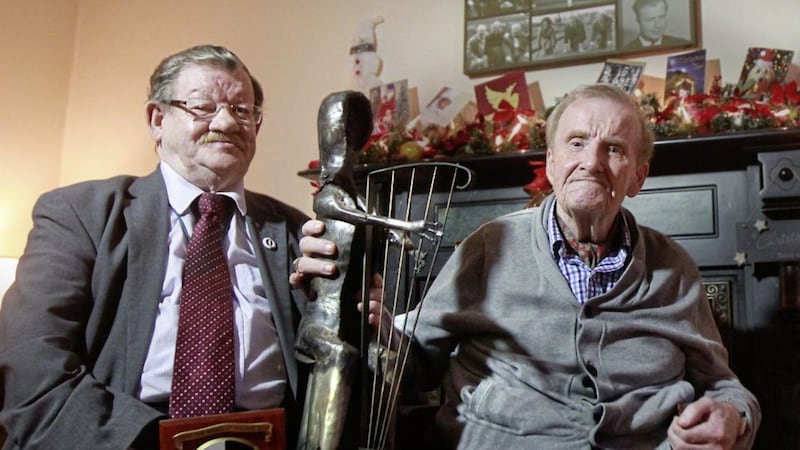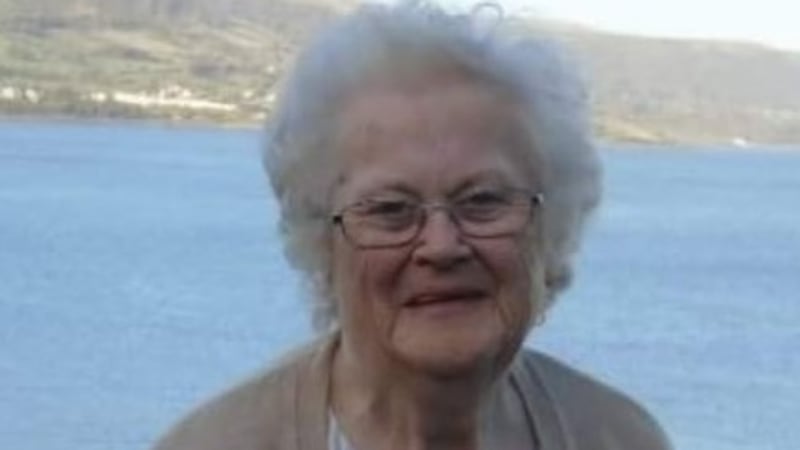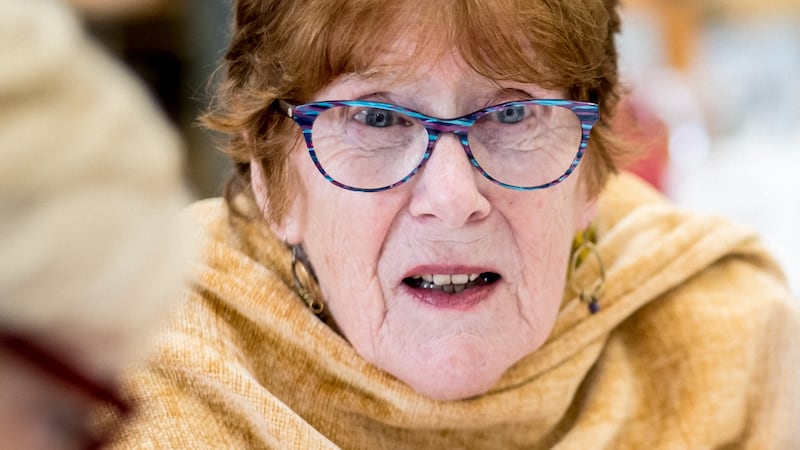Fionnbarra O Dochartaigh, one of the founders of the civil rights’ movement in Derry, has been described as a man of principle.
Mr O Dochartaigh, who died on Sunday after a long illness, was one of the three organisers of the October 5, 1968 civil rights’ march in Derry which many people mark as the start of the Troubles.
A housing activist in the city, he became involved in street politics after the arrest and internment of his brother, Pat Leo for speaking Irish.
Following his involvement in the early days of the civil rights’ movement, Mr O Dochartaigh took on a number of other high-profile campaigns.
He was also a noted historian and author, penning a number of books, including 'Ulster’s White Negros' and 'Ireland: England’s Vietnam.'
SDLP leader Colum Eastwood paid tribute to Mr O Dochartaigh, saying he was "very sad to learn of the passing of Fionnbarra O Dochartaigh, a leader of the civil rights’ movement in Derry."
SDLP councillor John Boyle said Mr O Dochartaigh was a thoughtful man and a great raconteur.
“Fionnbarra truly was a man of great principle,” he said.
Mr O Dochartaigh was one of the three organisers of the October 5 march.
Along with former assembly member, Eamon McCann and activist, Eamonn Melaugh – he had been among the leaders of campaigns for civil rights and better housing in Derry. Along with the Northern Ireland Civil Rights’ Movement, they called for a major protest march from Derry’s Duke Street to Guildhall Square.
The then Stormont government banned the march after the unionists and loyalists threatened a counter-demonstration seen by many merely as cover to permit Stormont to ban the civil rights’ protest.
When the march went ahead, along with three British Labour Party MPs as well as well as the future founding leader of the SDL, Gerry Fitt, police moved quickly to break it up.
However, their violent attack was filmed by RTE and images of the RUC baton-charging a peaceful protest which included democratically elected MPs were flashed around the world.
In the midst of the police baton charges, footage showed Mr O Dochartaigh on the frontline wearing a motorcycle helmet for protection. In an interview with The Irish News in 2018, the Derry man said it was given to him the night before by an English friend who was worried that he would be targeted by the police.
The friend warned him that the RUC were “not like our Bobbies back home”.
Mr O Dochartaigh said he was delighted at the police action as he believed it brought the north beyond a point of no-return. The day after the march, he was arrested at his Prehen home along with Mr McCann and Mr Melaugh.
From a republican family, Mr O Dochartaigh’s father and mother both took part in the Irish War of Independence. He became actively involved in politics after his older brother, Pat Leo (deceased) was interned for speaking Irish.
He became involved in the civil rights’ struggle through the Derry Housing Acton Committee (DHAC). The committee’s campaign for housing brought into direct conflict with the unionist gerrymander of the city which prevented the building of new houses to maintain a unionist voting majority on Londonderry Corporation.
By the time of the 1968 march, he was already well-known in his home city through its tactic of disrupting Corporation meetings, protests and the occupation of the Guildhall.
Following the October 5 march, Mr O Dochartaigh continued to work on a number of issues, including the campaign to clear the name of Irish army captain, James Kelly after the 1970 arms trial in Dublin.
He remained a self-styled committed “rebel” throughout his life, holding firm the belief that there were always campaigns to be fought.
In 2018, he told The Irish News: “There are different rights to be fought for now but it’s for the younger generation; we pass on the baton to them. Lotta continua (the struggle goes on).”
Mr O Dochartaigh’s funeral will taken place following Requiem Mass at St Eugene’s Cathedral on Wednesday at 11am.








